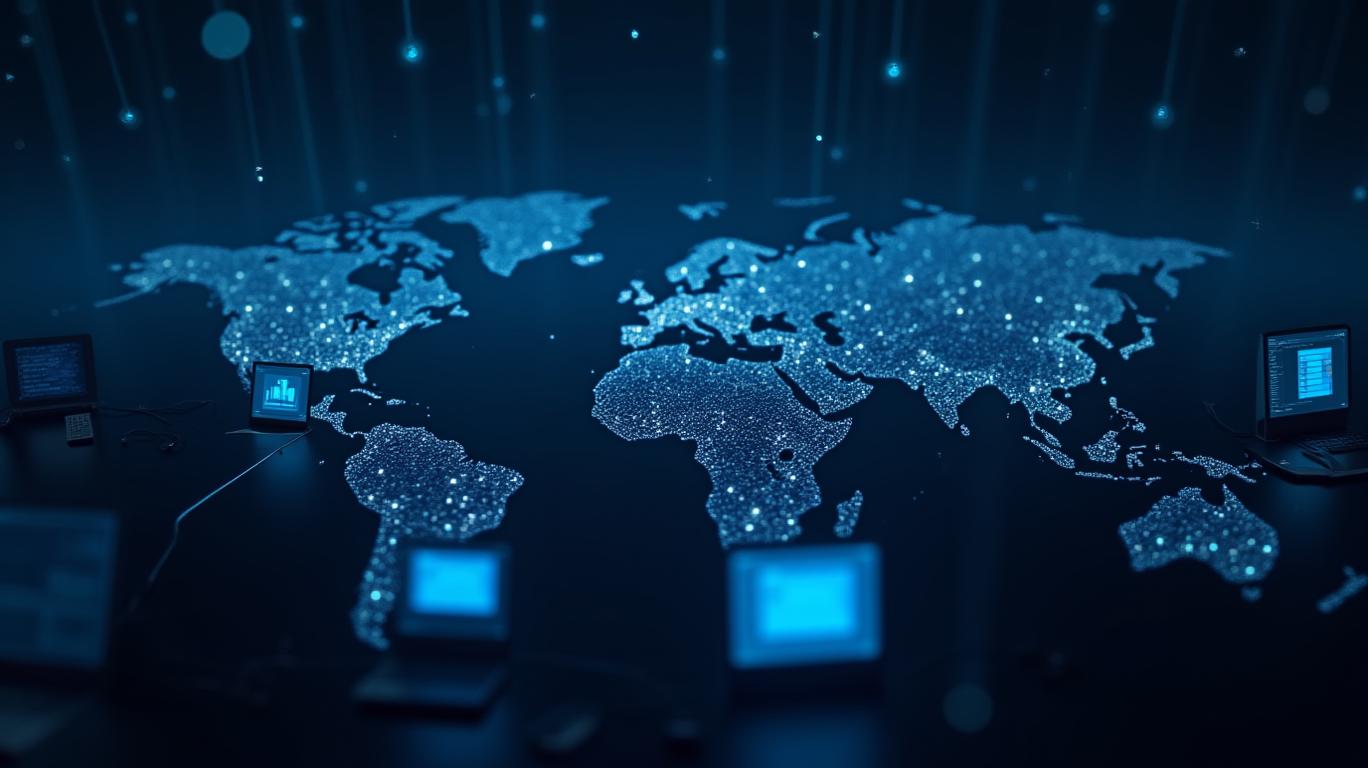DDoS Attacks Surge 12.7% in 2024, Targeting Political Events
Distributed denial-of-service (DDoS) attacks have surged in prominence, becoming a dominant tool in political cyber warfare. These attacks, which flood targeted servers with excessive internet traffic, have seen a significant increase in frequency and impact, particularly during sociopolitical events. The global DDoS activity rose by 12.7% in the second half of 2024 compared to the first half, totaling almost 9 million attacks. This trend is particularly evident in Latin America and the Asia Pacific regions, which saw increases of around 30% and 20%, respectively.
DDoS attacks are no longer just about overwhelming bandwidth; they are adaptive, persistent, and deeply embedded in modern cyber and geopolitical conflicts. Attackers are exploiting moments of national vulnerability to amplify chaos and erode trust in institutions. These attacks have been deployed during elections, protests, and policy disputes, highlighting their precision and strategic use. For instance, a DDoS attack targeted Elon Musk’s social media platform X in August, aimed at disrupting his interview with then-presidential candidate Donald Trump. X was targeted again in March when a massive cyberattack prevented some users from accessing the platform. A hacking group with ties to Russia called “Dark Storm” claimed responsibility for the DDoS attack on Musk’s platform, claiming that it was not politically motivated.
The role of DDoS attacks is evolving, with AI and automation playing a significant role. DDoS-for-hire services, including booters and stressers, are more powerful than ever, as cyber criminals leverage AI to bypass CAPTCHA and automate tasks that were once labor-intensive. This advancement lowers the barrier to entry for attackers, making DDoS attacks more accessible and effective. The shift to high-powered enterprise infrastructure, turnkey reconnaissance, and the rise of AI-enhanced automation mean that attackers are evolving faster than ever.
The targeting of critical infrastructure, such as healthcare, finance, and communication networks, by DDoS attacks can have severe consequences. These attacks not only disrupt essential services but also undermine public trust in institutions. The strategic use of DDoS attacks during periods of heightened political tension underscores their effectiveness in causing disruption and chaos. Governments and organizations must prioritize cybersecurity measures to protect against these threats. This includes investing in advanced detection and mitigation technologies, as well as enhancing collaboration between public and private sectors to share intelligence and best practices.
In conclusion, the increasing use of DDoS attacks in political cyber warfare highlights the need for robust cybersecurity strategies. As these attacks continue to evolve and become more sophisticated, it is crucial for stakeholders to remain vigilant and proactive in defending against this growing threat. The adaptive and persistent nature of DDoS attacks, coupled with the advancements in AI and automation, poses a significant challenge to national security and the resilience of digital infrastructure. 
Comprender rápidamente la historia y el contexto de varias monedas bien conocidas
Latest Articles
Stay ahead of the market.
Get curated U.S. market news, insights and key dates delivered to your inbox.



Comments
No comments yet